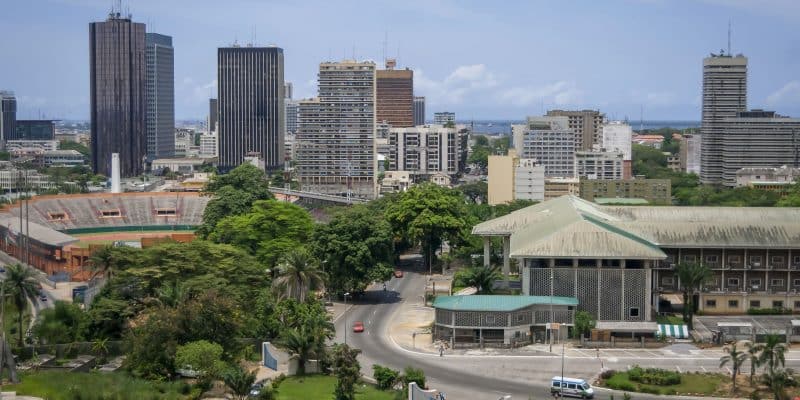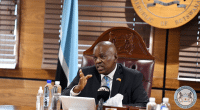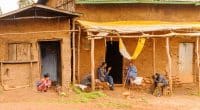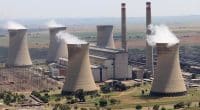As vice-president Tiémoko Meyliet Koné represents Ivory Coast at COP28, which opened in Dubai on Thursday 30 November 2023, a World Bank report makes it clear that the West African country is not ready to face the economic consequences of climate change, despite the political will to do so.
The World Bank has just published Ivory Coast’s Country Climate and Development Report (CCDR). The 139-page document begins by noting that temperatures are rising, “rainfall is becoming more extreme and less predictable”, and sea levels are rising in this West African country. Ivory Coast is also facing drought and flooding, extreme phenomena likely to have an impact on economic performance, warn the World Bank experts.
The team, which includes Akil Zaimi, Alina Kalle, Cheikh Ahmadou Bamba Diagne, Alphonse Emadak, Andrew Burns, Anupurba Roy, Bogachan Benli, Cathy Seya and Djédjé Hermann Yohou, goes further, stating that climatic hazards could lead to “average annual losses of gross domestic product (GDP) of 3 to 4.5%” over the next seven years, to the detriment of urban areas. This is clearly the number of years left before the global assessment of the Sustainable Development Goals (SDGs).
“Ivory Coast is not yet ready to face up to the consequences of climate change. Its capacity to adapt is still in its infancy, its institutions and coordination of climate action are fragmentary, and its policies and programmes are not up to the climate challenge facing vulnerable populations. Meanwhile, implementation of existing strategies and plans remains limited. The regulatory, institutional and climate components needed to manage climate impacts need to be reviewed or put in place”, states the CCDR.
Massive investment in the ecological transition
However, Ivorians emit less greenhouse gas (GHG) than the rest of the world, at 52.3 million tonnes of CO2 in 2019. To do even better, the Bretton Woods experts are encouraging Ivory Coast to make progress on its Nationally Determined Contribution (NDC) as part of its “ambitious” programme ($22 billion) to mitigate and adapt to climate change. The aim is to recycle waste, preserve biodiversity and decarbonise the economy by promoting renewable energies.
Read also- Ivory Coast: membership of « Rampao »,a network of 9countries protecting marine areas
In response, Yamoussoukro has indicated that new initiatives for “resilience and sustainability” will be implemented before 2025 with the support of the International Monetary Fund (IMF). “These resources will enable the necessary investments to be made, with a view to accelerating the ecological transition and reducing the country’s vulnerability”, the Ivorian government assures us.
Benoit-Ivan Wansi







